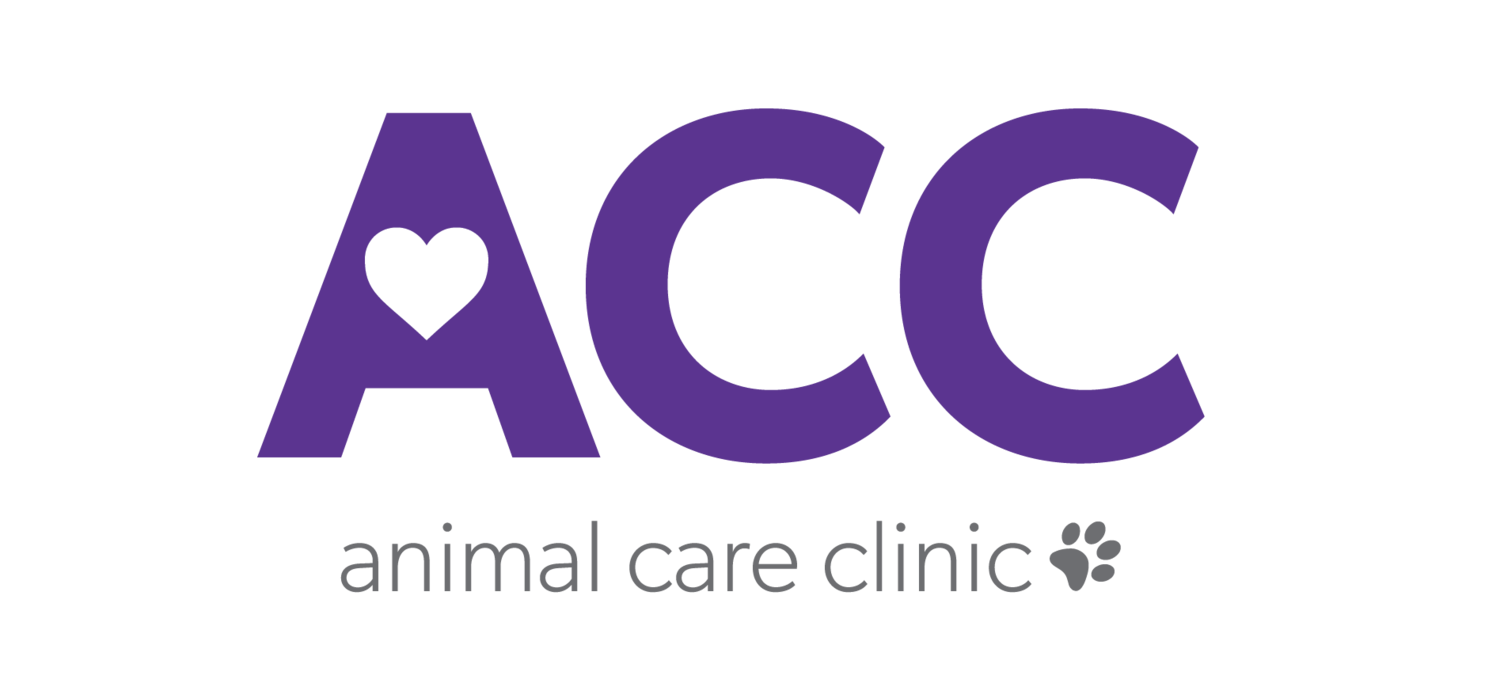Did you know that over 87% of dogs and 70% of cats over three years of age are suffering from some degree of periodontal disease?
What Is Periodontal Disease?
Periodontal disease consists of conditions such as gingivitis (leading to inflamed gums) and periodontitis (loss of soft tissues and bones in the mouth).
This disease starts when your pet starts developing plaque in their mouth and over a period of time, it further develops to tartar. As the plaque and tartar make their way under the gum line of the pets, they leave off toxins that damage the bone and soft tissues.
Maintaining your pet’s oral hygiene isn’t a luxury — it’s a vital piece of their healthcare routine.
As with humans, our pet’s dental problems (if not given due attention on time), can actually spread in no time and further lead to life-threatening infections and issues including heart, liver, and kidney disease. It’s common for pet parents to ignore the “bad mouth smell” as they love their pets and conveniently ignore it. While you make sure that your pet looks all trim and tidy, chances are high that you might ignore their dental hygiene.
Veterinary Experts stress that proper dental care may add 3 to 4 extra years to your pet's life!
Let’s find out the symptoms that require urgent care.
Discolored, broken, missing or crooked teeth
Red, swollen, painful or bleeding gums
Bumps or growths within the mouth
Bad breath
Yellow-brown tartar build-up
Difficulty in Eating/Chewing
Pawning at Face/Mouth
Excessive drooling
Misaligned or missing teeth
Be mindful of the symptoms, your pets are really good at suffering in silence. If these symptoms are visible, seeing a vet is advisable. if not, remember prevention is better than cure! Here are a few dental care tips:
Pets Brushing Best Practices:
Brush Daily: Daily brushing of teeth is advisable but never overdo it, it might irritate them and harm their tooth enamel and gums.
Be Patient: Your pets may not get used to regular brushing of teeth, be patient, do not rush, try using a fingertip brush if required.
Choose the Correct Toothpaste: Your pets generally don’t rinse, so using human toothpaste can be harmful. Look for pets toothpaste, it's easily available and it might make them look forward to brushing every day as well.
Dental hygiene of pets is as important as that of humans. Loving your furred one is one thing, to care for them is another!
Appropriate Diet
Dental discomfort is more common in pets than in humans, hence extra caution is recommended. During dental discomfort, purchase dental-specific food, easily available at your local pet store.
Appropriate Chews
Hard chews are hard on teeth as well. Soft chews may cause more decay matter to stick to the mouth and cause problems. However many chews and toys are designed to help keep your cat’s or dog’s teeth cleaner. Look for products that carry the Veterinary Oral Health Council seal. These chews and toys control plaque and help clean your pet's teeth and gums clean.
Regular Vet Visit
It might sound too obvious, but make sure to visit your vet, once every six months. They don’t just clean the teeth but also examine the teeth and gum health, look out for symptoms and signs of discomfort and even use x-rays to make sure that your pets are healthy.

